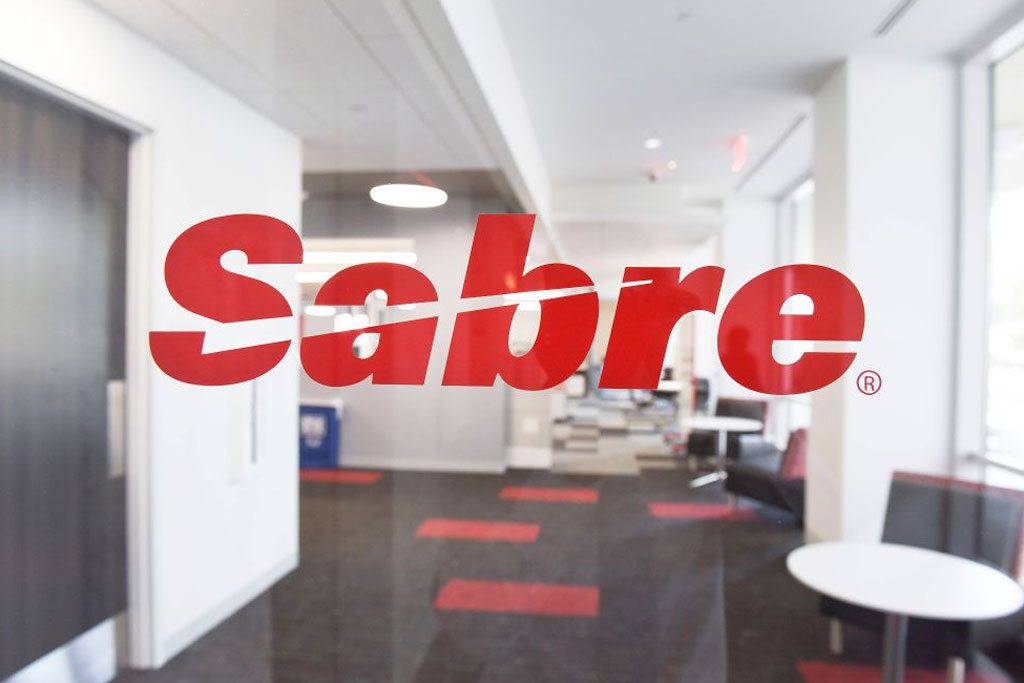Sabre's New CEO Wants to Instill an Accountability Culture

Skift Take
In January there was a changing of the guard at Sabre. New CEO Sean Menke thinks his background as a former airline CEO gives him insight into what airlines want from Sabre in new products. But he'll need to up his company's product execution and delivery if he wants to maintain market share, according to employee complaints.
At first glance, it seems unlikely that Sabre, a company airlines hire to manage reservations, flights, and other functions, would have a project management problem.
The Southlake, Texas-based company saw its revenue rise 13.9 percent to $3.37 billion in 2016. How could a company with revenue growth like that have an uneven record when it comes to delivering products to customers?
Yet Sabre's new chief executive Sean Menke implicitly acknowledged some possible issues during its fourth quarter and full-year 2016 earnings call Tuesday. He said his company needed to up its game when it comes to execution and project management, though he phrased these ideas in heavily-coded corporate-speak.
Menke said, "The summation of our collective focus on value creation requires that we improve our allocation of resources to more effectively align with our customers' needs, time-to-market, and greatest return to Sabre. The heart of this is an honest assessment of our infrastructure, technology, and products, and how we will meet these demands."
Menke underlined his message to the investment community by saying, "We are very focused on accountability. We want you to hold us accountable."
Some investors weren't interested. Tuesday's quarterly earnings report sent the share price of Sabre's stock down more than 10 percent.
Investors were reacting to a downward revision in Sabre's forecasted growth. On the call with investment analysts Tuesday, Sabre's CFO Rick Simonson said the mid-term to long-term expected pace of earnings per share growth is "off the table." In other words, the juicy and often-forecast-beating returns that investors enjoyed in the two years since Sabre went public have ended.
Executives told investors not to worry. One key justification for earnings not meeting previously forecast levels, they said, is that the company has to accelerate investments in its core technology infrastructure, a process that will be a drag on profits.
Yet investors will be watching to see if the pace of signing new business and repeat business is falling off due to delivery problems.
One eyebrow-raising moment came in November when Copa Airlines decided to postpone its planned migration from HP Enterprise to Sabre's reservation system.
Similarly, in 2012, Southwest Airlines backed away. In a de

